The world population is expected to grow by a staggering 2 billion people in the next 30 years. This not only means we need more resources, but we also need to figure out new and innovative ways of food production. Sustainable food-tech startups know the challenges we are currently facing and how it will affect us in the future. Here are eight Amsterdam-based sustainable food tech startups that are finding solutions for the food crisis and are expanding at a rapid rate.
Image credits: Agriplace
Agriplace
Founders: Nico Broersen
Total funding: €2.5M
Agriplace is a global platform for agricultural compliance. The company aims to make the food chain transparent and sustainable by enabling data and technology accessible for farm compliance. Its platform makes it easier for suppliers, processors, retailers and producers to keep up with the regulations and get done with paperwork in a more efficient manner.
Almacena Platform
Founders: Dimo Yanchev, Vasil Dimov
Total funding: €130k
The Dutch Agtech startup Almacena Platform is taking down structural batteries for producers. It does so by mitigating supply chain risks to allow producers to directly reach the end buyers. This makes trading as a service possible, profitable and sustainable. The startup uses cloud technology, NFC and Blockchain to create digital IDs of the coffees, immutable data records of the producers and the provenance and route of the coffees in full transparency to all supply chain players.
Connecterra
Founders: Saad Ansari, Yasir Khokhar
Total funding: €18M
Connecterra’s mission is to enable sustainable agricultural practices and it does so by training Artificial Intelligence in farming. The AI is used to empower farmers of all sizes and increase the productivity of their farm, while reducing the notable impact animal agriculture has on our planet.
30MHz
Founders: Flavia Paganelli, Jurg van Vliet, Fleur van Vliet
Total funding:€4.9M
Offering a central portal for every stakeholder in the agricultural sector, 30MHz is a SaaS platform that enables growers, advisors, distributors, and researchers gain full insight into the climatic conditions of horticultural and agricultural produce. The company’s data platform receives and analyses information from all kinds of data sources, enabling users to continuously improve the production process of crops, plants, seeds, and bulbs.
ReNature
Founders: Felipe Villela, Marco de Boer
Agriculture doesn’t always have to mean afforestation and that’s what ReNature is trying to establish with regenerative agroforestry. The company builds model farms and model schools on all scales around the globe, which creates several benefits for farmers and communities. Regenerative agroforestry has a positive environmental, social and economic impact.
Willicroft
Founders: Brad Vanstone
It’s not surprising that dairy farming has a huge impact on our environment. Willicroft aims to lower some of it with its plant-based cheese for dairy cheese lovers. The company has created a variety of plant based cheese products and claims it tastes as the real thing. The startup also measures its impact, which is reduction in climate change and optimised societal position of farmers.
Image credits: ADE
Giant Leaps – Sus
Founders: Laura Heerema
Giant Leaps is a startup that’s making its name in the food and hospitality sector when it comes to sustainability. The company measures CO2 impact of food, which has a more direct impact on consumers. With its impact database, the startup helps caterers and restaurants better understand the impact of their food choices. By using our expertise and the GiantLeaps Impact Tool, it quantifies the impact of food, offers insight into what logical sustainable product and menu choices could be and helps in engaging guests and customers on sustainability journeys.
The Waste Transformers
Founders: Lara van Druten
Taking hold of food waste is important too and The Waste Transformers offers an innovative food waste solution. The company developed an on-site containerised anaerobic digester, called a Waste Transformer. Placed next to companies or communities who produce organic food waste, it turns biodegradable waste such as kitchen and commercial waste to biogas or electricity and heat.
This article is produced in collaboration with StartupAmsterdam. Read more about our partnering opportunities.



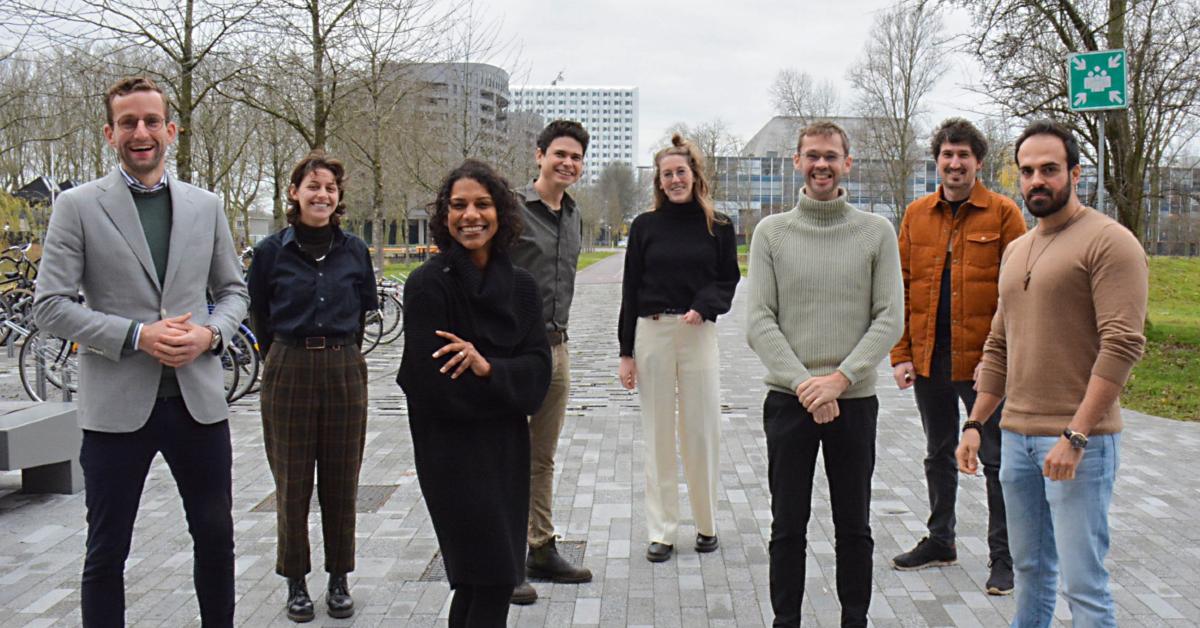
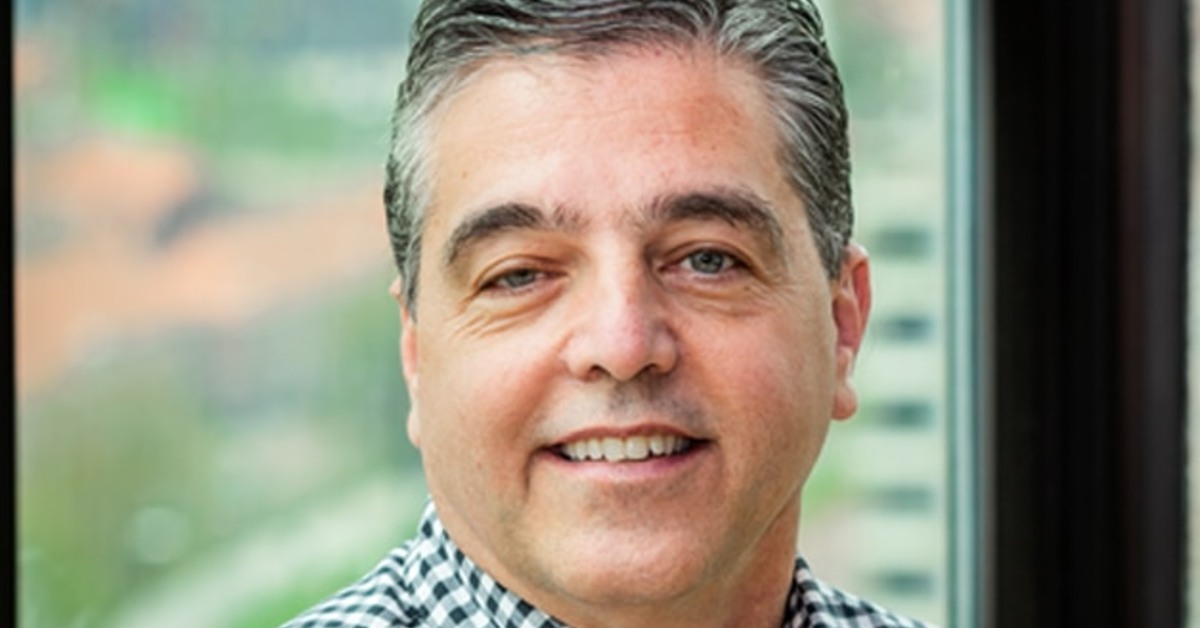
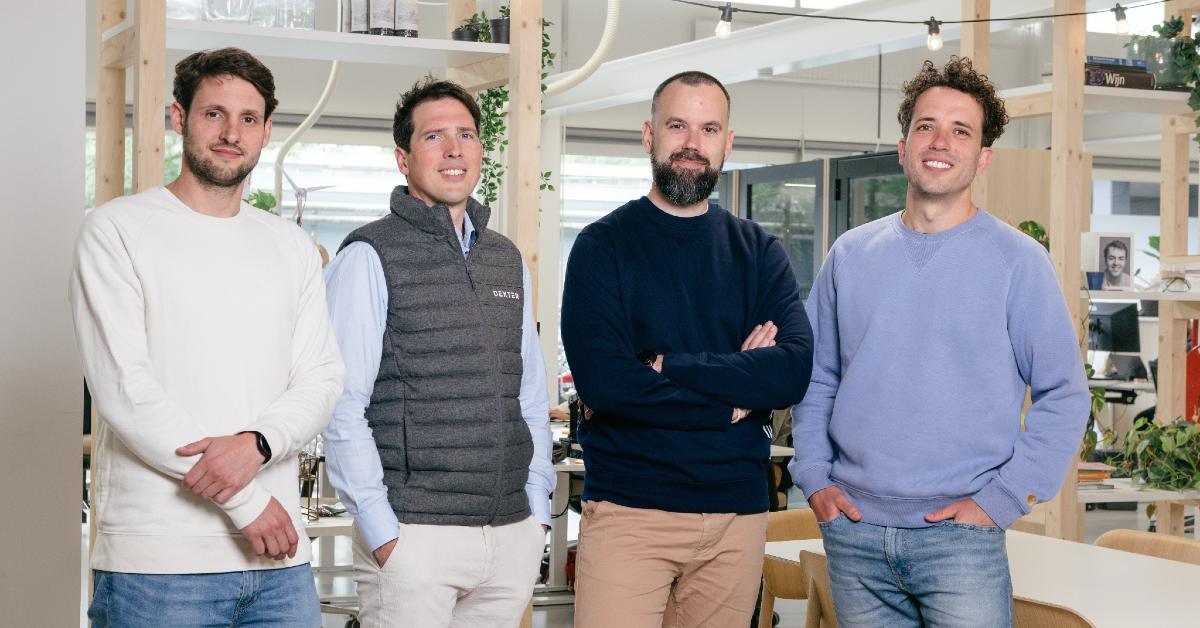
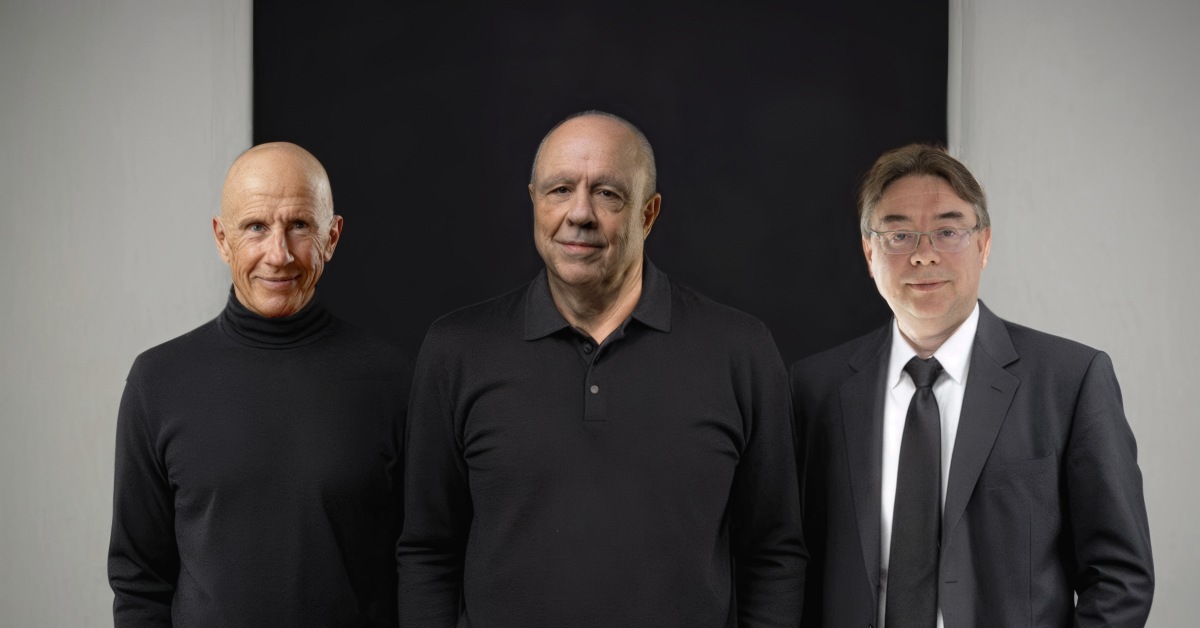
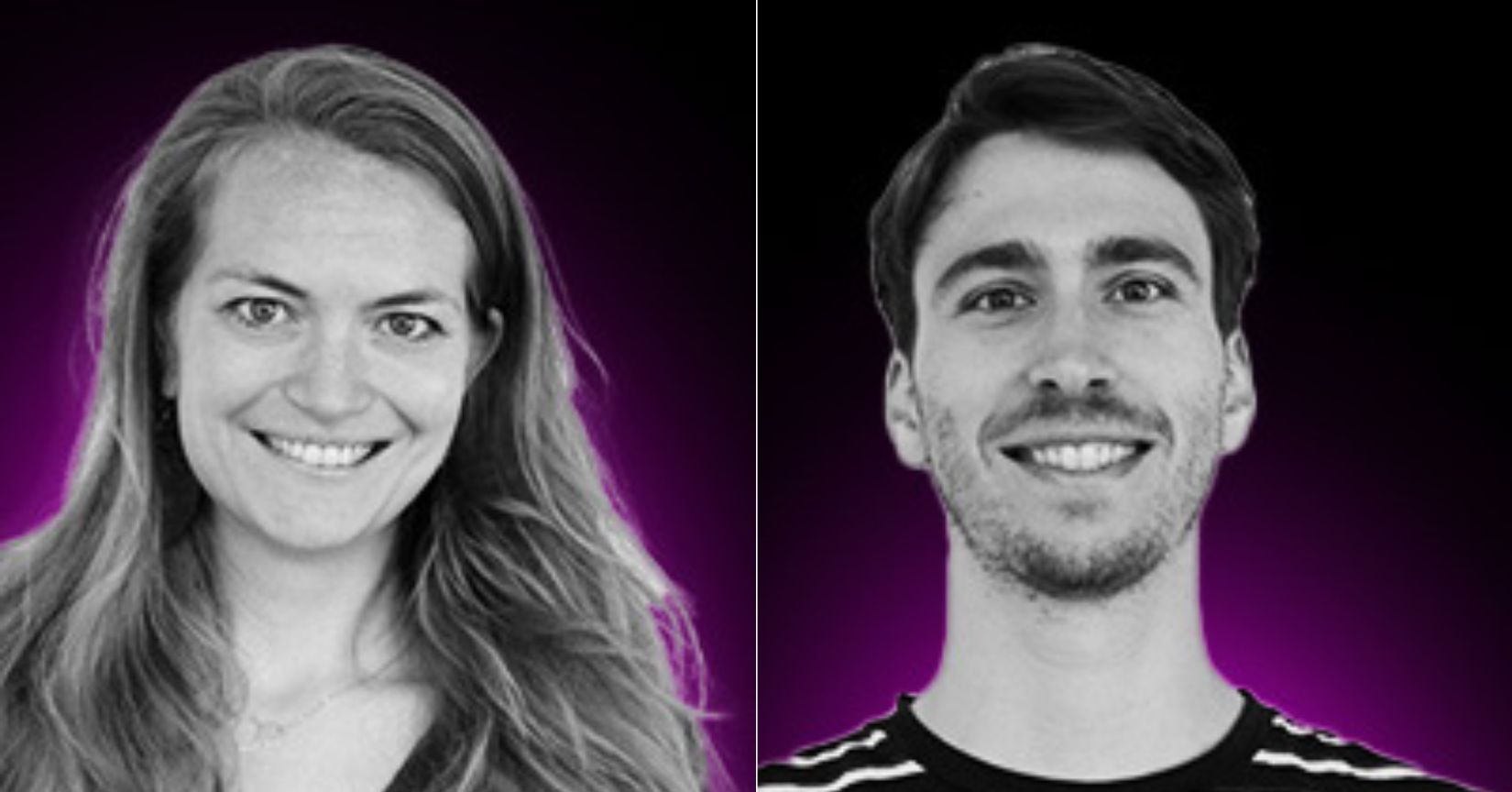
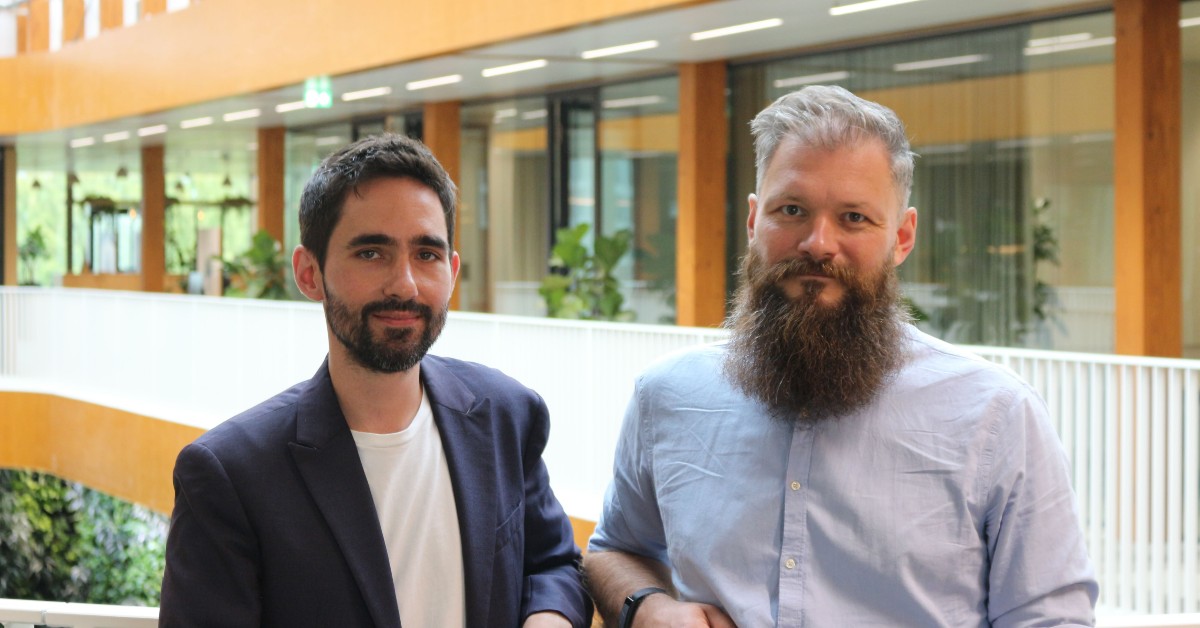

01
From telecom veteran to Dutch Startup Visa success: The Jignesh Dave story